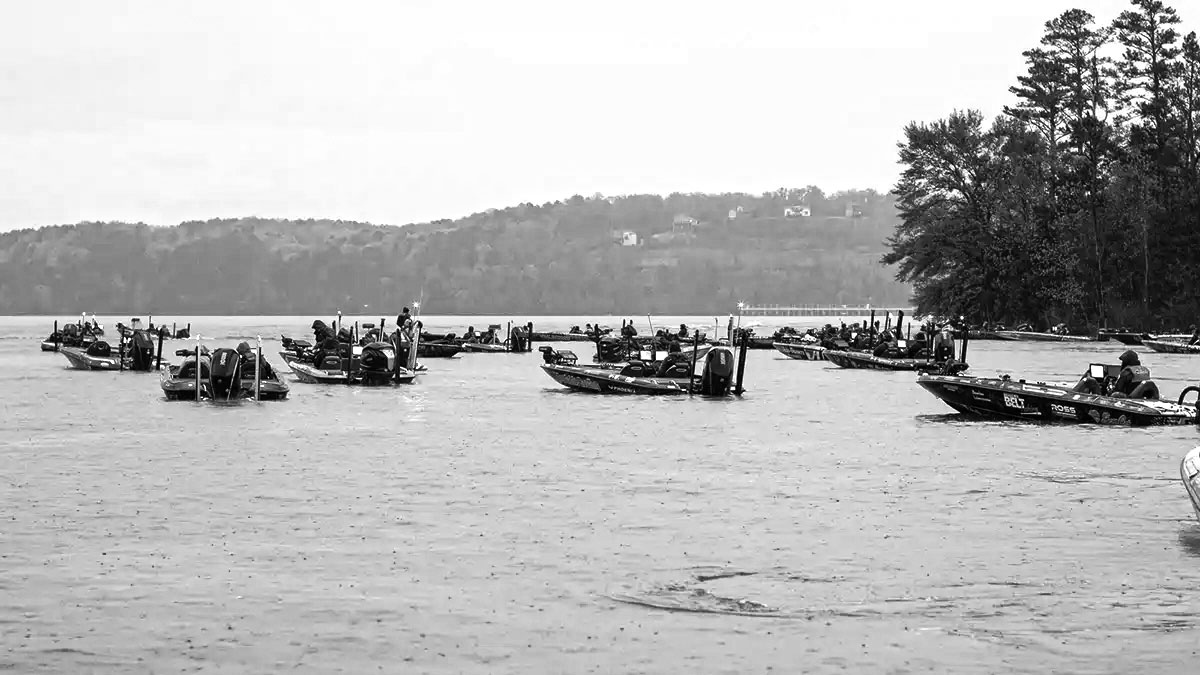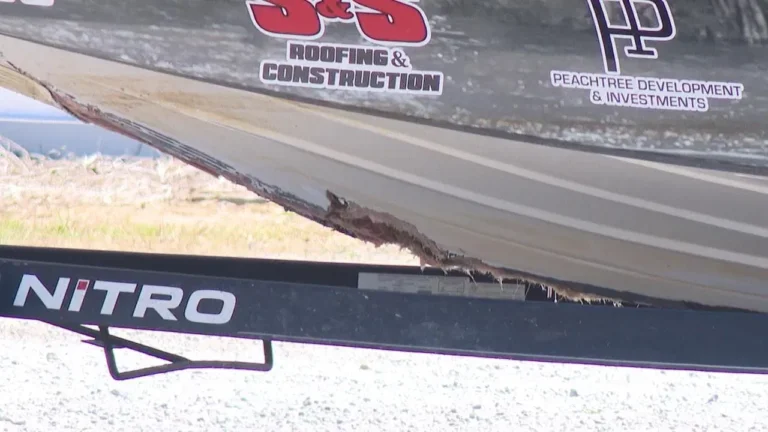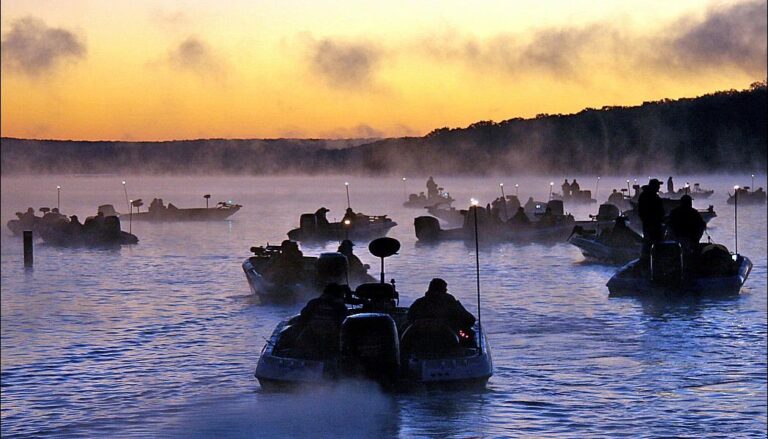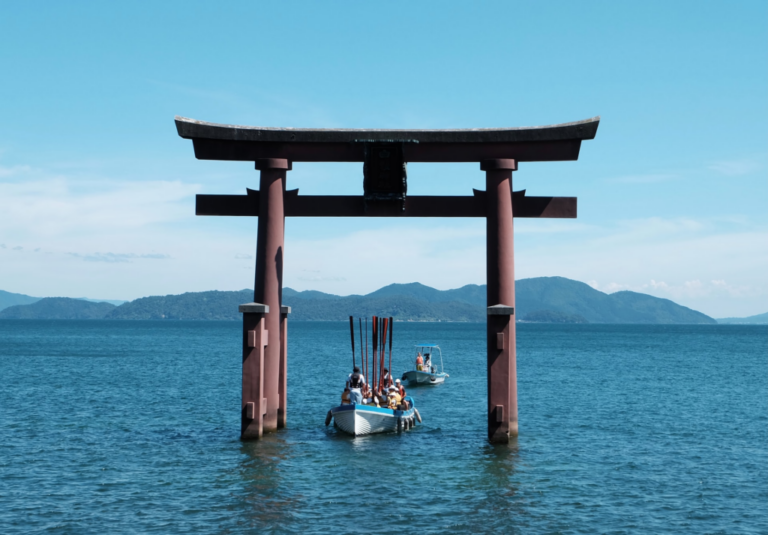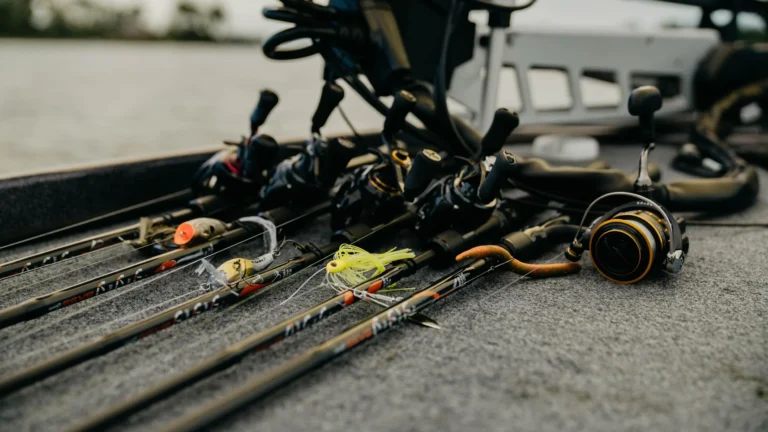Participating in your first bass fishing tournament is an exciting milestone for any angler. Whether you’re an experienced fisherman or a newcomer, competing in a tournament provides an opportunity to test your skills, learn new techniques, and possibly even walk away with some impressive prizes. However, to give yourself the best chance for success, it’s important to prepare both mentally and physically.
In this post, we’ll guide you through the essential steps you should take to prepare for your first bass fishing tournament. From choosing the right gear to understanding tournament rules and strategies, we’ll help ensure you’re ready for the challenge.
1. Understand the Tournament Format and Rules
The first step in preparing for any bass fishing tournament is to understand the rules and format. Every tournament is unique, and knowing the guidelines will help you avoid any surprises and ensure you’re fishing within the limits set by the organizers.
Key things to look out for:
- Catch Limits and Size Requirements: Tournaments typically have rules regarding the size and number of bass you can catch and weigh in. Some tournaments are “big fish” events, while others focus on the total weight of multiple fish.
- Fishing Areas: Certain tournaments restrict where you can fish within the tournament area. Some events only allow fishing in specific zones, while others might give you more freedom.
- Fishing Methods and Baits: Some tournaments may prohibit specific fishing techniques or bait types. Make sure to check whether live bait, artificial lures, or certain fishing methods are allowed.
- Time Limits: You’ll need to know when the tournament starts and ends, and how much time you’ll have to fish. Punctuality is critical, so plan accordingly.
2. Scout the Tournament Location
Preparation is key, and one of the best ways to prepare is by scouting the tournament location. If possible, visit the body of water a few days or weeks before the event to familiarize yourself with the area.
Things to focus on during your scouting:
- Check Water Temperature: Bass behavior is closely linked to water temperature. If the water is warm, bass may be found in shallow areas. If it’s cold, they may be deeper.
- Look for Structure and Cover: Bass love to hide near submerged structures like rocks, fallen trees, or vegetation. These places provide shelter and hunting grounds for bass, making them prime fishing spots.
- Understand Local Fishing Patterns: Research what type of baitfish are prevalent in the area and what the bass are likely feeding on. This can guide you in selecting the best lures or live bait.
If you can’t visit the location ahead of time, try reaching out to local anglers or checking online forums for insights into the lake’s conditions.
3. Choose the Right Gear
The right gear is essential for success in any bass fishing tournament. Having quality equipment will help you land more fish, and being prepared for any situation will give you confidence during the event.
Key gear considerations:
- Rods and Reels: Make sure you bring a variety of rods and reels for different fishing techniques. A light rod and reel for finesse fishing and a heavier setup for pitching or flipping are common in bass tournaments.
- Lures and Baits: Bring a diverse selection of lures, including crankbaits, jigs, soft plastics, and topwater lures. The key is to have options that mimic the local baitfish.
- Tackle Box Essentials: Along with your lures, make sure you have the appropriate hooks, weights, swivels, and other tackle. A well-organized tackle box will allow you to switch quickly between techniques.
- Fish Finder/Depth Finder: If allowed in the tournament, a fish finder or depth finder can be a game-changer, helping you locate bass more effectively, especially in deeper water.
- Live Well or Cooler: Many tournaments require anglers to keep their catch alive until weigh-in. Be sure to bring a live well or cooler with aeration to keep the bass healthy during the event.
4. Practice Your Techniques
The best way to prepare for a tournament is by practicing your fishing techniques. Make sure you are comfortable with a variety of methods so you can adapt to changing conditions during the tournament.
Areas to focus on:
- Casting and Accuracy: Practice making long casts, as tournaments often require precision to reach the right areas, especially if you’re targeting specific structures or features.
- Fishing at Different Depths: Bass can be found at varying depths depending on the time of day, water temperature, and weather conditions. Practice fishing at different depths with various baits and techniques.
- Boat Maneuvering (If Applicable): If you’re fishing from a boat, practice navigating through the water efficiently. This includes launching, docking, and making quick movements between fishing spots.
5. Create a Tournament Strategy
Preparation goes beyond just gear and techniques—it’s also about developing a clear plan for the day of the event.
Important aspects of your tournament strategy:
- Start with a Plan, but Stay Flexible: Have a general plan for where you’ll fish and which techniques you’ll use, but be prepared to change things up if the fish aren’t biting where you thought they would.
- Time Management: Make sure to manage your time wisely. Don’t waste too much time on spots that aren’t producing, and be sure to leave enough time to get back to the weigh-in on time.
- Stay Calm and Focused: Tournament fishing can be stressful, but keeping a level head is essential. Focus on the process rather than the outcome, and stay patient when things aren’t going as planned.
6. Take Care of Yourself
Tournament fishing can be physically demanding, and staying energized and hydrated is crucial. Be sure to:
- Get Plenty of Rest Before the Tournament: Being well-rested will help you stay alert and focused throughout the competition.
- Hydrate and Eat Well: Bring plenty of water and high-energy snacks to keep you going throughout the day.
- Wear Sun Protection: Fishing tournaments can last several hours, often in full sun, so make sure you have sunscreen, sunglasses, and protective clothing to avoid sunburn.
7. Stay Positive and Enjoy the Experience
Finally, remember that bass fishing tournaments are about more than just winning. While it’s great to compete and try your best, enjoy the experience, learn from others, and appreciate the time spent on the water.
The first tournament is just the beginning, and whether you win or not, you’ll walk away with valuable lessons and experiences that will make you a better angler in the future.
Conclusion
Preparing for your first bass fishing tournament requires careful planning and attention to detail. From understanding the rules to selecting the right gear, practicing your techniques, and developing a strategy, these preparations will give you the confidence to perform your best. Most importantly, remember to stay calm, have fun, and use the tournament as an opportunity to improve your skills and connect with fellow anglers.
By following these tips and putting in the effort to prepare, you’ll be well on your way to a successful and rewarding tournament experience!

